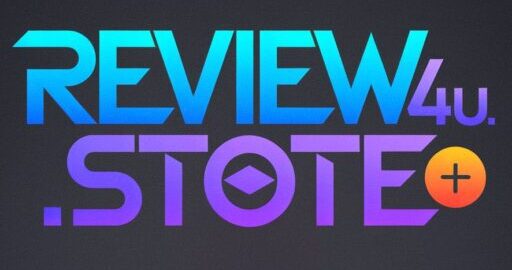Artificial Intelligence (AI) software has become pivotal in numerous industries, enabling businesses to automate tasks, improve decision-making, and enhance user experience. Here’s a brief review of popular AI software, their optimizations, and common use cases.
1. TensorFlow
- Developer: Google Brain
- Overview: TensorFlow is an open-source machine learning framework widely used for building neural networks. It’s flexible for both research and production, and it’s compatible with a variety of hardware.
- Optimization: TensorFlow has a highly optimized performance on GPUs, TPUs, and CPUs. It uses graph computation, which allows for the building of scalable machine learning models and optimizes large-scale training.
- Use Cases:
- Image and speech recognition
- Natural language processing (NLP)
- Time series forecasting
- Reinforcement learning
2. PyTorch
- Developer: Facebook AI Research
- Overview: PyTorch is a popular deep learning framework that emphasizes flexibility and ease of use. It’s widely used in both academia and industry for building and training neural networks.
- Optimization: PyTorch optimizes dynamic computational graphs, which makes model development faster and more intuitive. Its seamless integration with Python allows for rapid prototyping.
- Use Cases:
- Research in AI and machine learning
- Computer vision applications
- NLP
- Autonomous systems and robotics
3. IBM Watson
- Developer: IBM
- Overview: IBM Watson is a suite of AI tools that offers machine learning, NLP, and data analysis services, with a focus on enterprise solutions.
- Optimization: Watson provides pre-trained models that allow for quick deployment in business environments, while its integration with cloud services optimizes data processing and storage.
- Use Cases:
- Customer service chatbots
- Healthcare diagnostics and analysis
- Financial analysis and risk management
- Business automation and decision support
4. H2O.ai
- Developer: H2O.ai
- Overview: H2O.ai is an open-source platform that allows users to build, deploy, and scale AI models with an emphasis on ease of use and automation.
- Optimization: H2O uses automatic machine learning (AutoML), enabling the rapid development of models without the need for deep expertise. It supports various algorithms and is optimized for distributed computing.
- Use Cases:
- Predictive analytics in marketing
- Fraud detection in finance
- Healthcare outcome predictions
- Recommendation systems
5. Google Cloud AI
- Developer: Google Cloud
- Overview: Google Cloud AI offers a suite of machine learning tools and APIs that allow for the development and deployment of AI models in the cloud.
- Optimization: With deep integration into Google’s infrastructure, it provides highly optimized performance for scalable AI workloads. It also supports pre-trained models, reducing the need for custom training.
- Use Cases:
- Text and speech translation
- Computer vision and image recognition
- Custom AI models for retail, finance, and healthcare
- Voice assistants
6. Microsoft Azure AI
- Developer: Microsoft
- Overview: Azure AI is a comprehensive set of AI services and tools for building intelligent applications, ranging from pre-built models to tools for custom machine learning development.
- Optimization: Azure AI takes advantage of Microsoft’s cloud infrastructure for optimizing large-scale AI applications, with automated machine learning (AutoML) and AI infrastructure built on robust hardware.
- Use Cases:
- Predictive analytics in manufacturing
- AI-powered chatbots
- Cognitive services (e.g., speech, vision, and language understanding)
- Fraud detection and security systems
7. OpenAI GPT (API)
- Developer: OpenAI
- Overview: OpenAI’s GPT models, such as GPT-4, provide state-of-the-art NLP capabilities and can generate human-like text. It can be accessed via API for various language processing tasks.
- Optimization: GPT models are optimized for large-scale, transformer-based architectures, allowing them to handle tasks like text generation, summarization, and translation efficiently.
- Use Cases:
- Content creation (e.g., articles, scripts)
- Customer support automation
- Language translation and summarization
- Virtual assistants and conversational agents
Brief Overview of AI Optimization:-
AI software optimization generally revolves around the efficient use of computational resources (CPUs, GPUs, TPUs), the ability to scale across large datasets, and fine-tuning models to achieve faster and more accurate results. Techniques like transfer learning, parallelization, and automatic hyperparameter tuning are often applied to maximize the performance of AI systems.
Key AI Use Cases Across Industries:-
- Healthcare: AI is used in diagnostic tools, drug discovery, and personalized medicine.
- Finance: AI drives fraud detection, risk assessment, and automated trading systems.
- Retail: Personalized recommendations, demand forecasting, and customer support automation.
- Manufacturing: Predictive maintenance, process optimization, and robotics integration.
- Marketing: Predictive analytics, customer segmentation, and sentiment analysis.
AI software platforms are evolving rapidly, making it easier for businesses and developers to harness the power of machine learning and automation.
